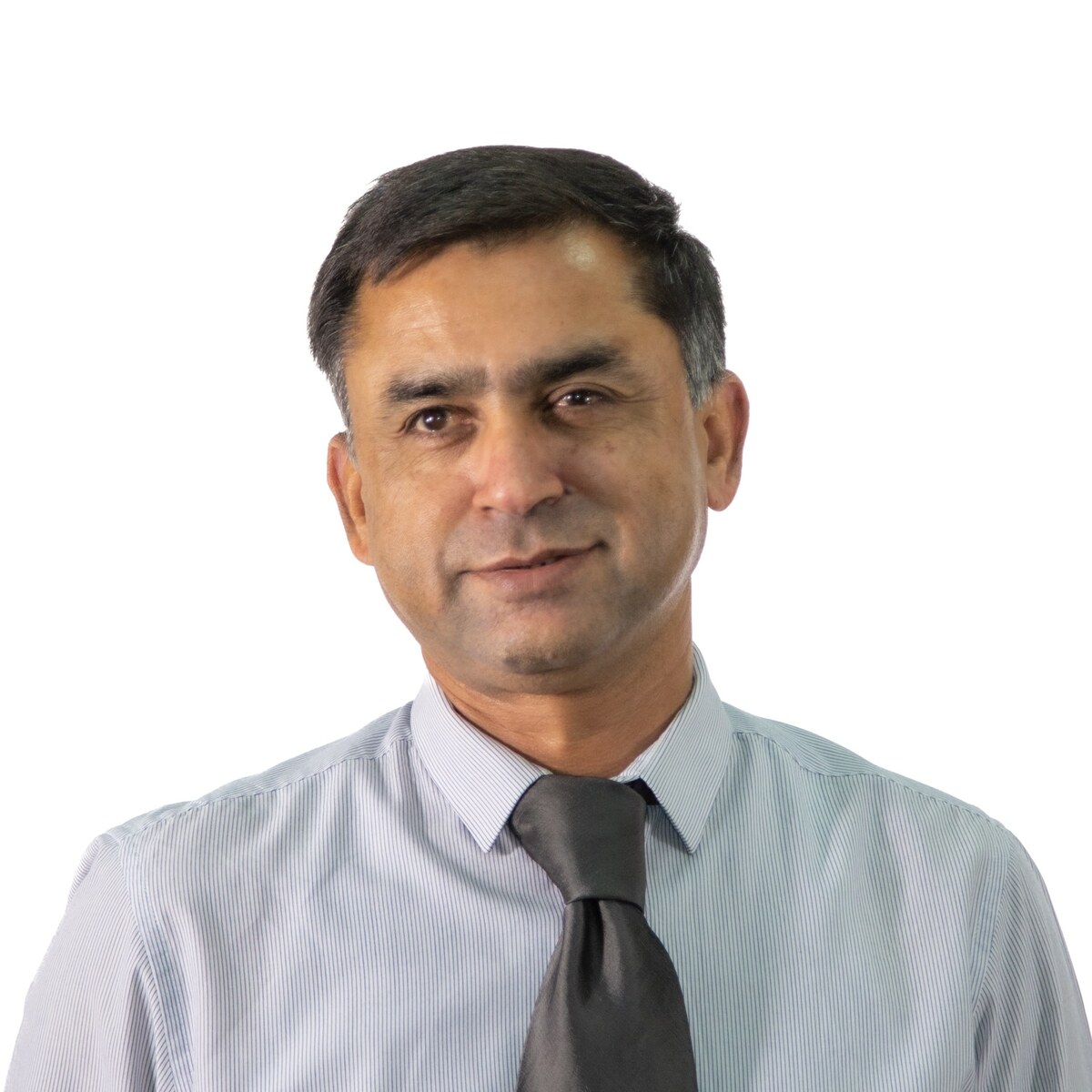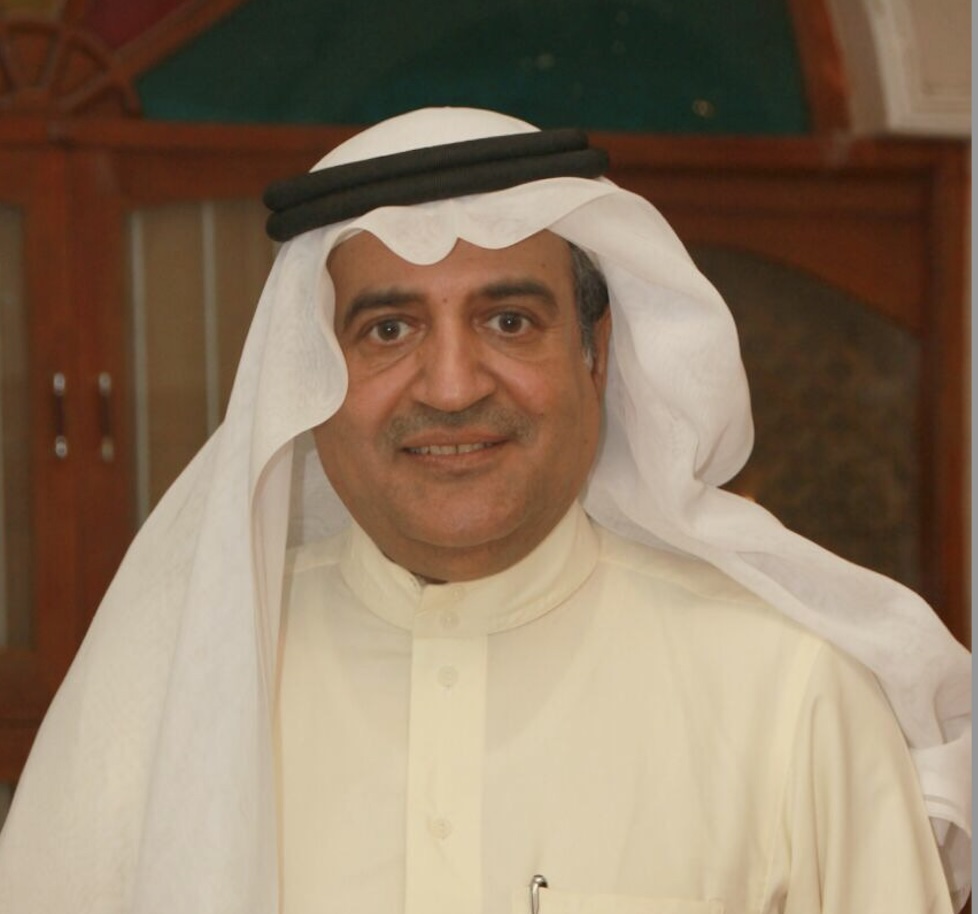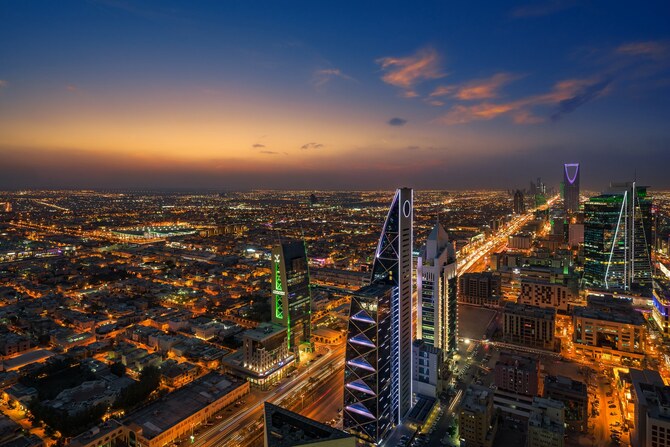JEDDAH: Saudi Arabia’s Vision 2030 agenda gained significant momentum in 2024, with the Kingdom securing a series of high-profile strategic partnerships that span multiple industries.
These deals, coupled with the country’s ongoing reforms, are positioning Saudi Arabia as a global economic and financial powerhouse. Experts emphasize that these agreements have long-term potential to diversify the Kingdom’s economy and reduce its dependency on oil revenues.
In the past year, Saudi Arabia signed key agreements with international governments and corporations in sectors including education, tourism, IT, finance, manufacturing, and renewable energy, according to Yaseen Ghulam, associate professor of economics and director of research at Al-Yamamah University in Riyadh.
Tourism sector takes off
The Saudi Tourism Authority reached a major milestone in May by unveiling the Kingdom’s unique summer destinations at the Arabian Travel Market. This initiative resulted in over 40 new agreements, including partnerships with Saudia, Riyadh Air, flyadeal, Noon, and China’s i2i Group.

Yaseen Ghulam, associate professor of economics and director of research at Al-Yamamah University in Riyadh. Supplied
“Tourism is expected to play a major role in the Kingdom’s economic transformation,” Ghulam said, underscoring the importance of these agreements in promoting the sector and creating new employment opportunities, particularly for youth and women. These efforts are in line with Vision 2030’s broader objectives. Saudi Arabia aims to develop year-round attractions and position itself as a top global destination. By blending traditional culture with modern experiences, the Kingdom is appealing to both domestic and international tourists, further strengthening its tourism strategy.
Strategic alliances
Abdullah Al-Maghlouth, a member of the Saudi Economic Association, pointed out that the Kingdom’s strategic alliances focus on diversifying the economy, attracting foreign investments, and boosting trade with international partners. These partnerships span regions, including the US, China, Europe, and Africa, and cover sectors such as technology, infrastructure, tourism, education, and renewable energy.
“These partnerships include collaborations with the US, China, European countries, and African nations, focusing on areas like energy, technology, infrastructure, tourism, education, and renewable energy,” he explained.
The agreements target key areas such as reducing reliance on oil, improving infrastructure, and fostering innovation while supporting flagship projects like NEOM, Qiddiya, and The Red Sea Project.
“These alliances will improve product and service quality, promote innovation, and help Saudi companies adopt modern technologies,” Al-Maghlouth added.
Education sector
2024 also saw significant strides in education. In November, top American universities visited Saudi Arabia, leading to an agreement aimed at strengthening academic and scientific cooperation. This partnership will increase exchanges between students and faculty, foster joint research projects, and introduce advanced academic programs.
Additionally, Saudi Arabia’s Technical and Vocational Training Corp. launched a cooperation program with the UK’s Department for Business and Trade, reinforcing the Kingdom’s growing reputation as a hub for international academic collaborations.
Another key development was a service agreement between the University of Strathclyde and Princess Nourah bint Abdulrahman University, signaling an open door for more British universities to establish partnerships in Saudi Arabia.
HIGHLIGHTS
These partnerships span regions, including the US, China, Europe, and Africa, and cover sectors such as technology, infrastructure, tourism, education, and renewable energy.
The agreements target key areas such as reducing reliance on oil, improving infrastructure, and fostering innovation while supporting flagship projects like NEOM, Qiddiya, and The Red Sea Project.
In November, top American universities visited Saudi Arabia, leading to an agreement aimed at strengthening academic and scientific cooperation.
Saudi Arabia signed a major agreement with NASA in 2024 to strengthen ties in space exploration, research, and education.
LEAP 24, a major tech event organized by the Saudi Data and Artificial Intelligence Authority, resulted in agreements worth $24 billion to boost AI research and digital technology localization.
Space and digital transformation
In a groundbreaking move, Saudi Arabia signed a major agreement with NASA in 2024 to strengthen ties in space exploration, research, and education. “This agreement has a huge significance and shall pave the way for further collaboration and related economic activities,” said Ghulam.
On the digital front, LEAP 24, a major tech event organized by the Saudi Data and Artificial Intelligence Authority, resulted in agreements worth $24 billion to boost AI research and digital technology localization.
Highlights include Amazon’s $5.3 billion investment in training initiatives, including the AWS Saudi Arabia Women’s Skills Initiative, which aims to train 4,000 women. Additionally, Aramco Digital announced partnerships with US tech companies to build the world’s largest AI supercomputer center in Saudi Arabia.
“All these agreements are expected to generate employment opportunities and help diversify the economy greatly,” Ghulam said.

Abdullah Al-Maghlouth, a member of the Saudi Economic Association, pointed out that the Kingdom’s strategic alliances focus on diversifying the economy.
Construction, renewable energy sectors
In the construction sector, a notable partnership was formed between Saudi Arabia’s National Housing Co. and China’s CITIC Construction. The agreement focuses on developing industrial cities and logistics zones to support residential projects and strengthen the real estate sector. Ghulam emphasized that these zones would boost construction, support local industries, expand the domestic materials market, and improve housing quality.
Renewable energy also made waves in 2024. In January, ACWA Power, a Saudi company, led a $1.5 billion wind energy project in Egypt, one of the largest onshore wind energy projects globally. “This initiative will provide electricity to 1 million homes in Egypt and reduce carbon emissions by 2.4 million tonnes annually,” Ghulam pointed out.
This project not only supports Egypt’s energy needs but also solidifies ACWA Power’s position as a key player in the global renewable energy sector, alongside other leading Saudi brands like Aramco and the Public Investment Fund.
PIF’s expanding role
The Public Investment Fund continues to be a driving force behind the Kingdom’s economic transformation. Since 2017, PIF has created nearly 644,000 jobs and launched 94 new businesses. In 2024, PIF acquired a 15 percent stake in Heathrow Airport for $4.12 billion, signaling its intent to expand its influence in global infrastructure projects.
PIF also partnered with Google Cloud to establish an AI hub in Saudi Arabia, a project that is expected to contribute $71 billion to the country’s GDP over the next eight years.
“This cooperation seeks to strengthen the Saudi workforce and assist the country’s goal of a 50 percent increase in the information and communication technology industry in coming years,” Ghulam noted.
In the renewable energy sector, PIF has been instrumental in localizing the production of wind turbines, solar cells, and other renewable technologies. In partnership with Jinko Solar and Vision Industries, PIF is working to produce solar power ingots and wafers, further advancing Saudi Arabia’s green energy ambitions.
Additionally, in April, PIF joined forces with BlackRock to launch a multi-asset investment platform in Riyadh, aimed at expanding Saudi Arabia’s capital markets and attracting global investors.
A transformative year
The strategic partnerships and investments forged by Saudi Arabia in 2024 reflect the Kingdom’s commitment to economic innovation, diversification, and global collaboration. By focusing on developing human capital, cutting-edge industries, and sustainable growth, Saudi Arabia is positioning itself as a leader on the world stage across multiple sectors.




















